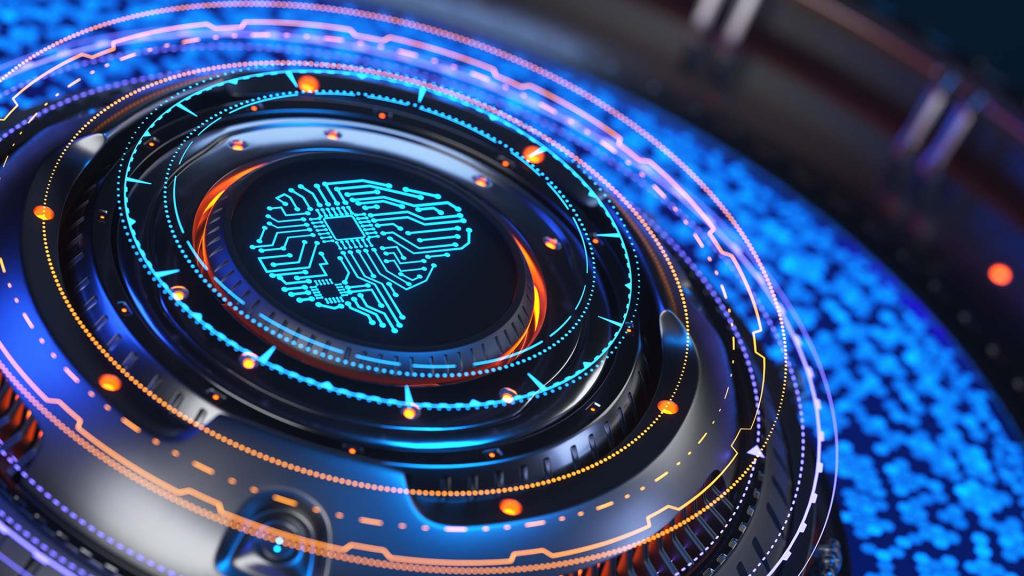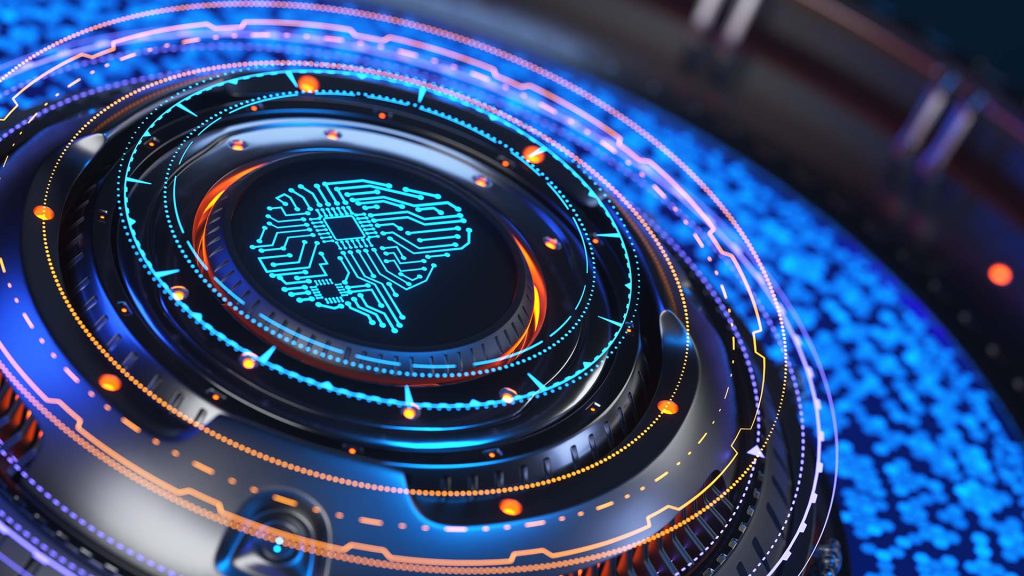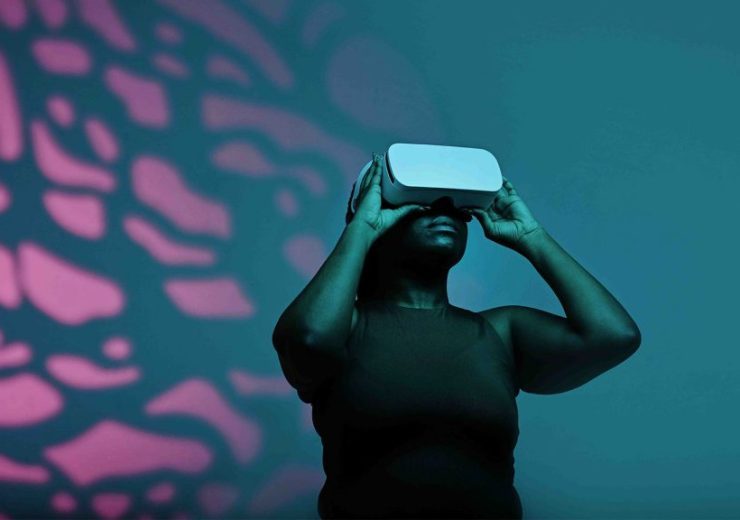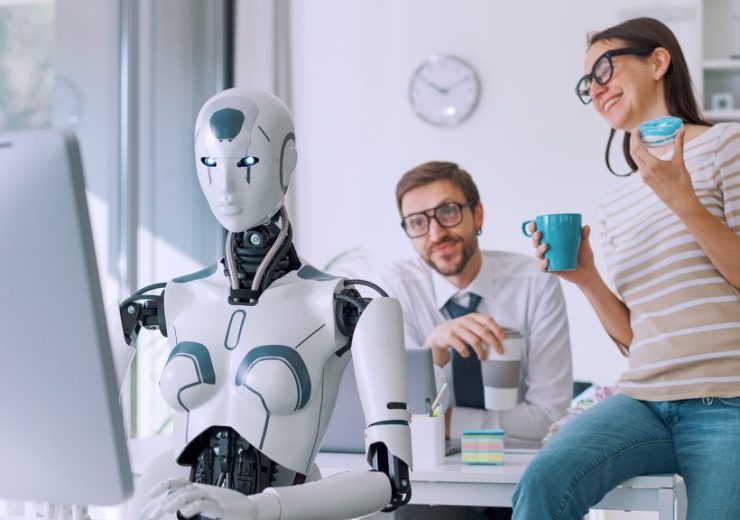Unveiling the $15.7 Trillion Future Economy


Introduction:
In the ever-evolving landscape of technology, one phenomenon stands out as a beacon of transformative power: Artificial Intelligence (AI). By 2030, AI is poised to revolutionize the global economy, projected to contribute a staggering $15.7 trillion. Join us as we delve into the realm of AI transformation, exploring its profound impact on industries, economies, and the future of work.
Unveiling the Potential:
The numbers speak for themselves: $15.7 trillion. This astronomical figure represents the economic boon that AI is set to unleash by the end of this decade. But what lies behind this promising forecast? At its core, AI possesses the capability to streamline processes, enhance productivity, and drive innovation across diverse sectors.
Industry Disruption and Innovation:
From healthcare to finance, manufacturing to agriculture, no industry is immune to the disruptive force of AI. Automation, powered by intelligent algorithms and machine learning, is reshaping traditional workflows, unlocking efficiencies, and paving the way for new business models. Companies that embrace AI stand to gain a competitive edge, while those resistant to change risk falling behind in the race for innovation.
Empowering the Workforce:
Contrary to popular fears of widespread job displacement, AI is poised to augment human capabilities rather than replace them entirely. By automating repetitive tasks and handling data-intensive processes, AI frees up human talent to focus on higher-value work—creativity, problem-solving, and strategic decision-making. The future workforce will thrive in a symbiotic relationship with AI, leveraging its power to drive productivity and drive growth.
Addressing Societal Challenges:
Beyond economic gains, AI holds immense promise in addressing some of the most pressing societal challenges of our time. From healthcare to environmental sustainability, AI-driven solutions have the potential to revolutionize how we approach complex problems. Whether it’s accelerating drug discovery, optimizing energy consumption, or improving disaster response, AI offers a toolkit for tackling global issues with unprecedented precision and scale.
Navigating Ethical and Regulatory Frontiers:
As we harness the power of AI to shape the future economy, it’s crucial to navigate ethical and regulatory frontiers responsibly. Questions surrounding data privacy, algorithmic bias, and the impact on employment must be addressed proactively. Collaborative efforts between policymakers, industry leaders, and ethicists are essential to ensure that AI is deployed in a manner that benefits society as a whole.
Conclusion:
The era of AI transformation is upon us, heralding a future economy powered by intelligent automation, innovation, and unprecedented growth. As we journey towards this $15.7 trillion milestone, let us embrace the opportunities that AI presents while remaining vigilant to the challenges it poses. Together, we can shape a future where the potential of AI is harnessed for the benefit of all, propelling humanity towards new frontiers of prosperity and progress. #AITransformation #FutureEconomy



